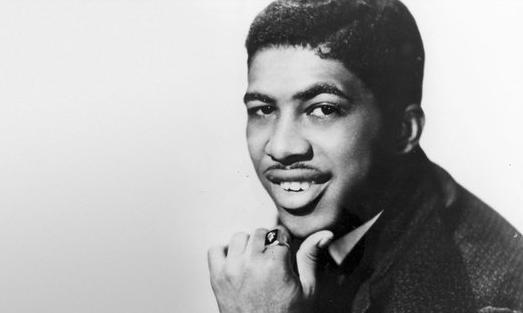You never forget the songs of your youth—that time in life somewhere between sixth grade and the junior prom and the end of football season—when everything in the air fills you with longing, sadness and a kind of simmering something.
For the baby boomers that time ranged from the 1950s through the harrowing and sublime sixties—which went from Elvis through the Beatles and every song was a kind of earthquake of revelation. The music was the background and foreground in a time in which young people went from being emotionally and sexually ignorant to learning way too much way too quickly and soon. And the music punctuated that dizzy journey.
You forget most of the songs—what did “The Purple People Eater” ever do for anybody anyway? If I never hear “Candy Man” again it will be too soon.
But Ben E. King and the Drifters. They had some songs you never forgot, not then, not now, not ever. This is where white kids from the Midwest met the safer aspects of black pop rock music which would eventually lead some of us to the blues and beyond. This was the time of Fats Domino, Sam Cooke, the Platters, even Jimmy Reed and Little Richard and Chuck Berry. Wild stuff and soaring sweet stuff.
King and his Drifters, and later by his lonesome—had a voice that was clear and soaring, he sang inspirational song and breaking up songs—“There Goes My Baby—moving on down the line.” That word “on” connoted that she was moving miles down the road, and she wasn’t coming back—“I wonder why she left me,” he sang, punctuated by violins before Freddy Mercury and Queen put the strings into anthem rock.
King’s songs and the songs of the Drifters—all were the same white jackets, snapping their fingers like streetcorner singers were the songs of Jerry Leiber and Mike Stoller and they were great songs—part of rock’s great American songbook, like “Spanish Harlem,” “Up on the Roof,” “This Magic Moment,” “I Count the Tears” and “Save the Last Dance For Me.”
Then, there was “Stand By Me,” surely one of the greatest inspirational anthems ever sung or written—it ran through the same-titled Rob Reiner-directed movie in in 1986. It’s one of those pop songs—“Sweet Caroline” comes to mind”—that you might want to karaoke even with only two beers under your belt, because you loved it so.: “When the night has come/and the land is dark/and the moon is the only light we’ll see/No, I won’t be afraid/Oh, I won’t be afraid/just as long as you stand, stand by me.”
King was working at his father’s luncheonette, where he would often sing to himself. A fellow by the name of Lover Patterson heard him and got him to sing in a group called “The Crowns.” They played at the Apollo. So did a group called the Drifters, led by Clyde McPhatter who joined the army. Patterson reformed the Drifters with King as a lead singer, and Stoller and Leiber writing songs. The rest is history.
With all the hits, King kept on singing, and sometimes touring—the past is hard to shake, but he also lived a life. He was married, had two daughters, a son, four sisters, three brothers and six grandchildren.
King died at the age of 76 in Hackensack, New Jersey, at a hospital not far from Teaneck, where he lived.



Someone posted his Stand By Me on my FB feed tonight, February 6th, 2022. I’d swear I heard him play it on the Mall once and I was in heaven. My youth! How can I verify this? Your article was great.